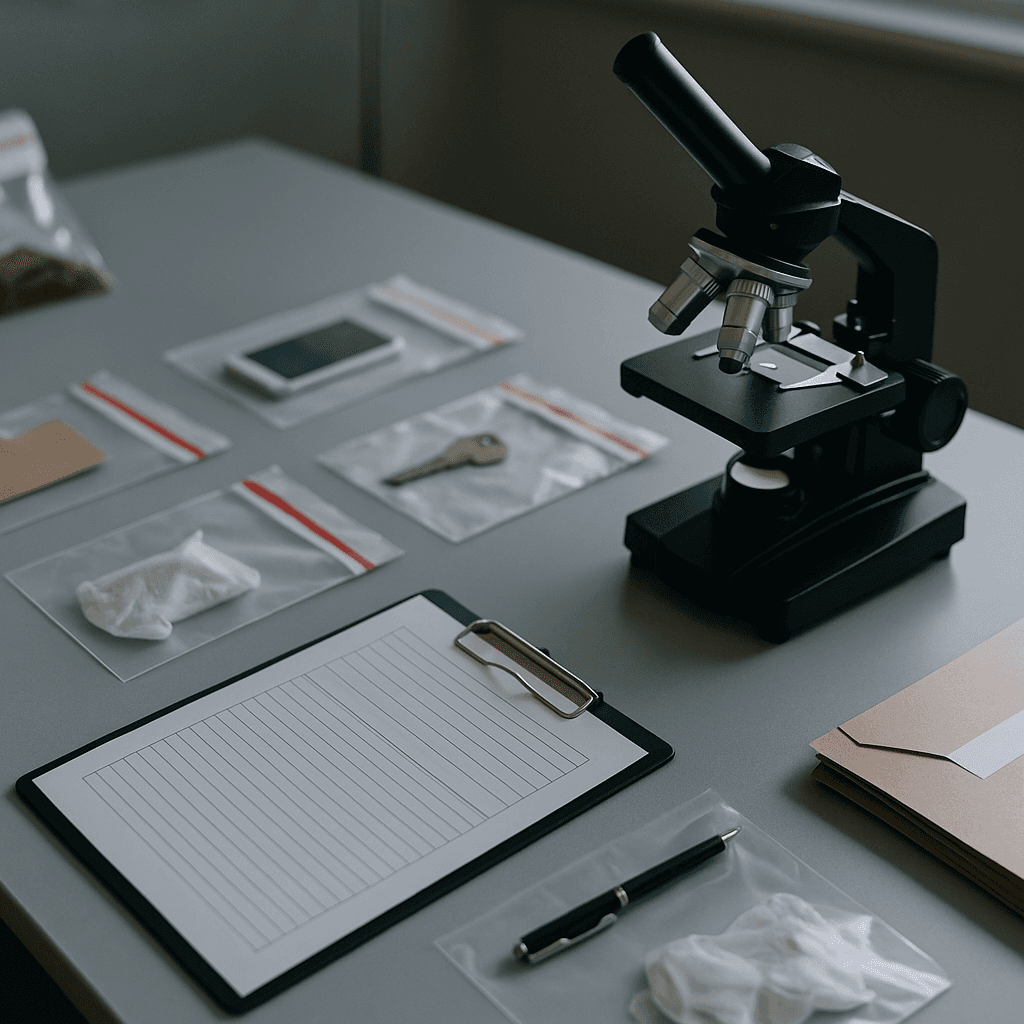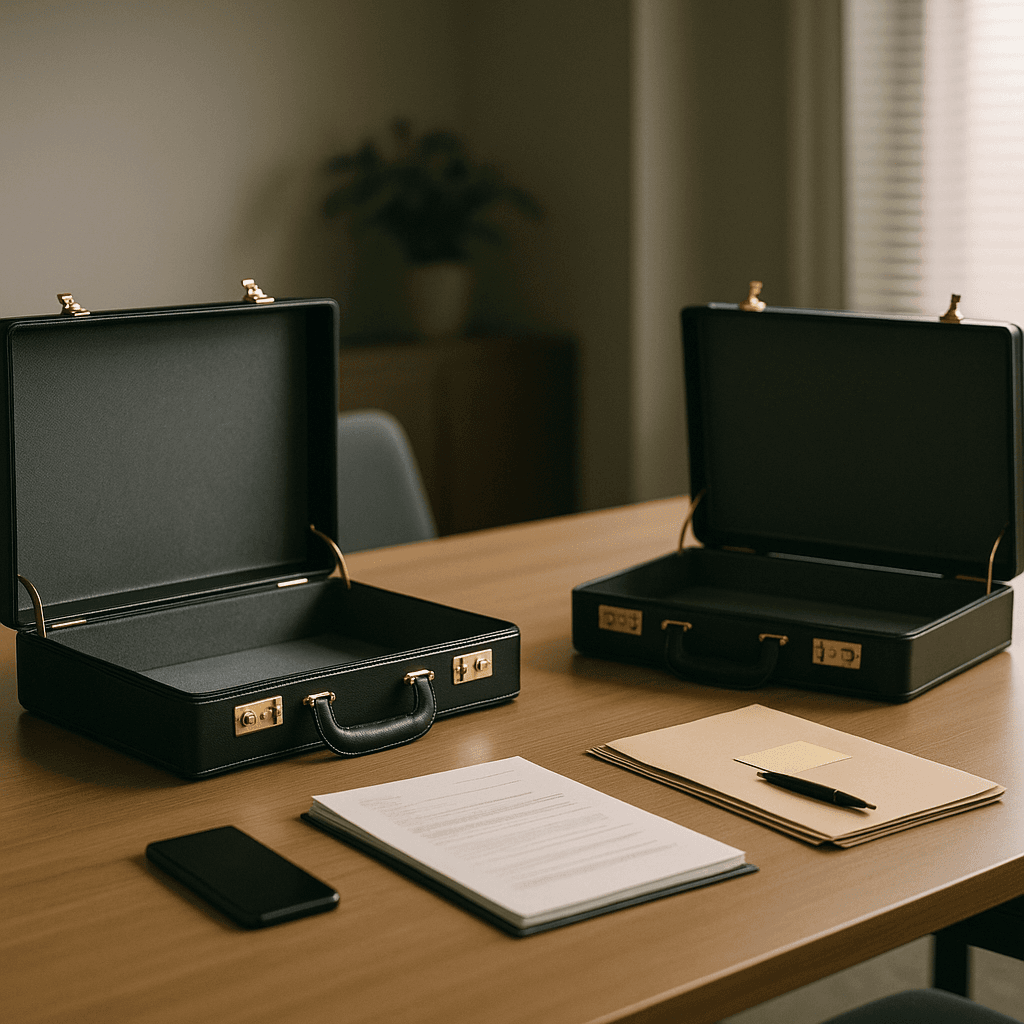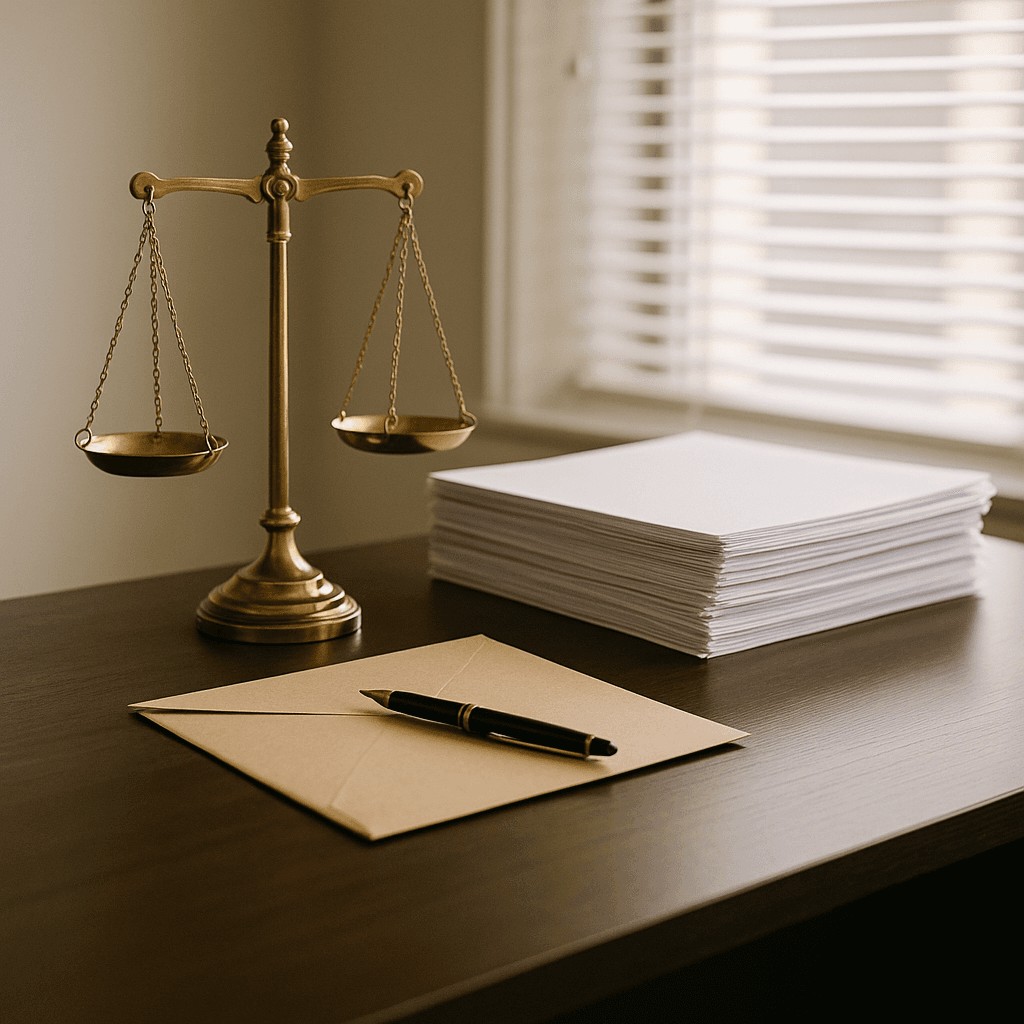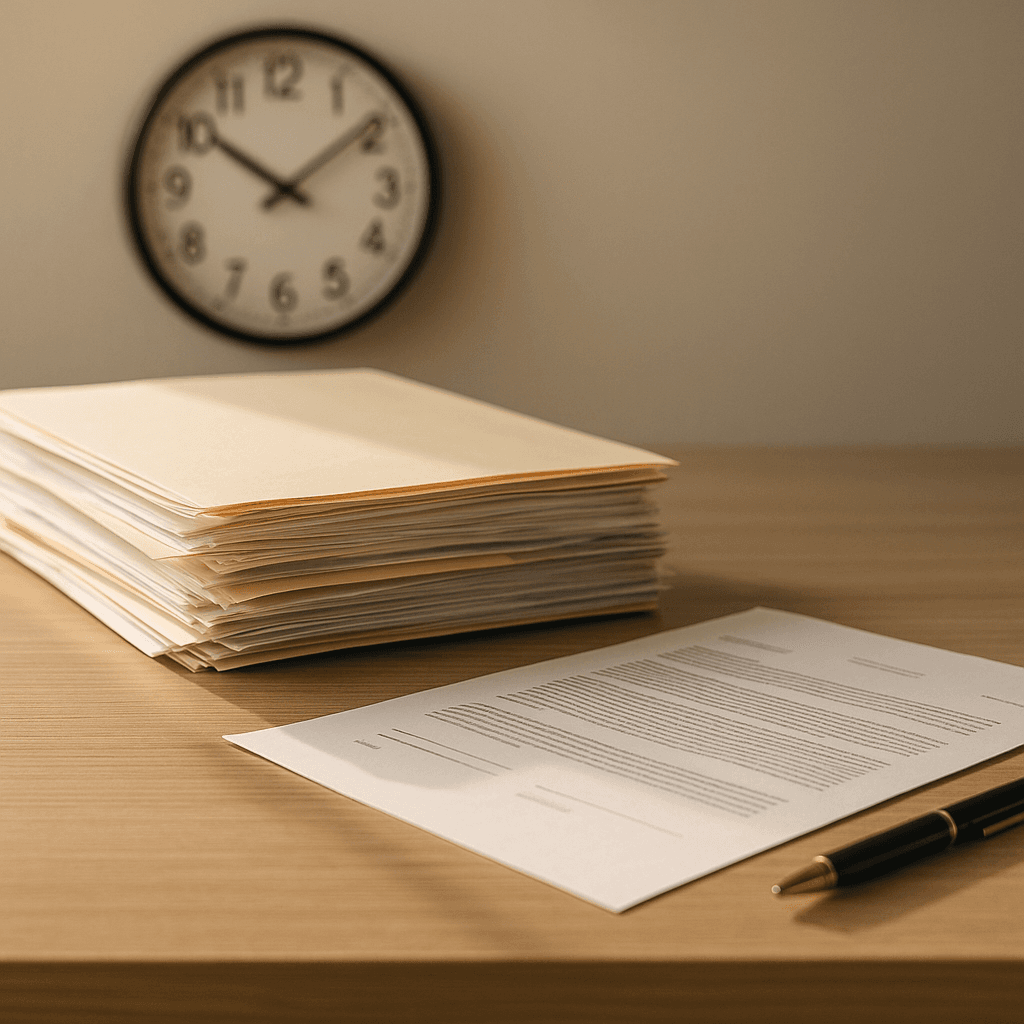
Articles

The Role of Expert Witnesses in Injury Litigation
Why Expert Witnesses Matter in Personal Injury Cases In personal injury litigation, facts alone are often not enough. While evidence like medical records, photographs, and witness statements paint part of the picture, juries and insurance companies frequently need context and explanation to understand the full scope of an injury and its impact. This is where expert witnesses play a pivotal role. Expert witnesses are professionals—often doctors, engineers, economists, or accident reconstruction specialists—who provide testimony based on their specialized knowledge. Their objective is not to advocate for one side but to clarify complex issues that require professional interpretation. In many cases, their opinions help bridge the gap between evidence and understanding, making them critical to achieving fair compensation.

How Insurance Companies Evaluate Injury Claims
How the Evaluation Process Really Works When you file a personal injury claim, the insurance company begins a process that is anything but simple. Behind every offer or denial, there's a calculated evaluation designed to protect their bottom line. Insurers use data-driven methods, past claim outcomes, and internal guidelines to assess how much—if anything—they believe your case is worth. The goal of the insurance adjuster is straightforward: to settle your claim for as little as possible while closing the file quickly. They'll review your medical records, accident details, and even statements you've made to determine liability and damages. The more organized and detailed your claim presentation, the harder it is for them to undervalue it.

The Dangers of Handling a Personal Injury Case Without Legal Help
Understanding What's at Stake After an accident, it's natural to want to resolve things quickly. Medical bills begin piling up, your work may be disrupted, and insurance adjusters often seem eager to "help." Many people believe they can handle their personal injury claim on their own—especially if the situation seems straightforward. But personal injury law is complex, and even minor missteps can lead to significant financial loss. Without professional guidance, you may underestimate your claim's value, miss critical deadlines, or make statements that insurers later use against you. The legal process is designed to protect both sides, and insurance companies have experienced professionals working to limit payouts. Without an equally skilled advocate on your side, you're at a clear disadvantage. That's why consulting a personal injury lawyer early in the process is often the difference between fair compensation and a costly mistake.

When Should You Switch to a Different Injury Lawyer?
Knowing When It's Time for a Change Choosing the right attorney after an accident is one of the most important decisions you'll make in your recovery journey. However, not every lawyer-client relationship is a perfect fit. Sometimes, despite your best efforts, you may realize that your current representation isn't meeting your expectations. Whether it's poor communication, lack of progress, or a sense that your case isn't being handled effectively, recognizing when to switch attorneys can make all the difference in the outcome of your claim. Switching to a new personal injury lawyer doesn't mean starting over from scratch—it means taking control of your case and ensuring it receives the attention and effort it deserves. Understanding what to expect from your legal representation can help you identify the warning signs that it might be time for a change.

How Contingency Fees Work – and Why They Benefit Clients
Understanding Contingency Fees in Personal Injury Cases For many accident victims, the idea of hiring an attorney can seem intimidating—especially when they imagine expensive upfront costs or hourly rates. But in personal injury law, most attorneys work on a contingency fee basis, a structure designed to make legal representation accessible regardless of a client's financial situation. Under a contingency fee agreement, you don't pay your attorney unless your case is successful. Their payment is a percentage of the settlement or verdict you receive, meaning they only get paid when you do. This system aligns the attorney's interests with yours: both parties are motivated to achieve the best possible outcome.

What to Expect During Your First Meeting With a Personal Injury Attorney
Making the Decision to Meet With an Attorney After an accident, many people hesitate before contacting a lawyer, often because of misconceptions about what that first meeting entails. Some fear it will be overwhelming, expensive, or unnecessary if the insurance company seems cooperative. In reality, the first consultation is a chance to gain clarity—not pressure. It's an opportunity to understand your rights, evaluate your case, and decide on the best path forward. This initial meeting sets the tone for your entire claim. It helps establish trust, outlines expectations, and ensures your attorney has the information needed to begin building your case. Dispelling common misunderstandings about personal injury claims—like the idea that all lawsuits are drawn out or overly complicated—can make this process feel less intimidating. It's important to remember that these assumptions are rarely accurate and often based on common myths about personal injury lawsuits rather than reality. Understanding the truth about how these cases work empowers you to approach your first meeting with confidence and preparedness.

The Importance of Medical Documentation in Your Claim
Why Medical Documentation Is the Backbone of Your Case In personal injury law, medical documentation is one of the most vital components of a successful claim. It is the tangible proof that connects your injuries to the negligent actions of another party. From initial emergency room visits to follow-up treatments and rehabilitation, every record builds the story of what happened and how it affected your life. Accurate and detailed medical records do more than validate your pain—they quantify it. They help determine the severity of the injury, its long-term impact, and the cost of recovery. Without them, it becomes difficult to prove how an accident caused harm or to justify the compensation you deserve. Insurance companies and courts rely heavily on this evidence to assess both liability and damages, making thorough documentation essential from the very beginning.

What Happens During Discovery in a Personal Injury Lawsuit
The Discovery Phase: The Heart of a Lawsuit Once a personal injury case moves beyond the initial filing, it enters a crucial phase known as discovery. This is where both sides gather, exchange, and analyze evidence to understand the strengths and weaknesses of their positions. Discovery is often the longest part of the lawsuit process—and for good reason. It lays the groundwork for settlement negotiations or trial preparation by revealing every detail relevant to the claim. During discovery, each side is entitled to access information the other possesses, as long as it's relevant to the case. This process ensures transparency and fairness, preventing any party from hiding facts that could affect the outcome. Understanding what happens during this stage helps victims appreciate how a personal injury case is built, step by step.

Evidence That Can Make or Break Your Claim
Why Evidence Is the Cornerstone of a Personal Injury Case Every personal injury case depends on one thing above all else—evidence. No matter how severe your injuries or how clear the other party's fault may seem, you must be able to prove it. The strength and quality of your evidence determine whether your case succeeds or fails, whether your claim settles quickly, or whether it faces costly delays and disputes. Evidence is what turns a personal account into a legal argument. It transforms your story from an allegation into a documented claim that the court and insurance companies must take seriously. From photos and police reports to medical documentation and expert testimony, each piece builds the foundation for fair compensation. Working with an experienced personal injury lawyer ensures that the right evidence is gathered, preserved, and presented effectively.

The Timeline of a Personal Injury Case: From Accident to Settlement
The First Moments After an Accident A personal injury case begins the moment an accident occurs. Whether it's a car crash, a slip and fall, or another unexpected event, the first steps you take can have a significant impact on your case later. Immediate medical attention should always be the top priority, both for your health and to document your injuries. After ensuring safety, gathering details—such as photographs, witness information, and police reports—helps build the foundation of your claim. What many people don't realize is that every injury case revolves around the concept of duty of care, the legal responsibility one person owes another to act reasonably and prevent harm. For instance, drivers have a duty to operate vehicles safely, and property owners must maintain safe environments. When this duty is violated, the negligent party becomes liable for resulting damages. Understanding how this obligation shapes every stage of a claim helps victims appreciate why early documentation and evidence matter so much. The importance of this foundational concept is reflected in how the duty of care defines accountability and responsibility, as outlined in understanding the duty of care in personal injury law.
Get an agent on the line in seconds
Responsive
Legal Assistance
Our personal injury attorneys advocate for the funds necessary to cover bills, secure medical treatment, recoup lost wages, and provide compensation for your pain and suffering.
Are you facing unfair treatment from the insurance company?
Do you know the value of your case?
Is the insurance company asserting that the accident is your responsibility?

We'll get back to you ASAP.
Get Your Free Consultation
You Pay Nothing Unless We Recover Compensation For You
